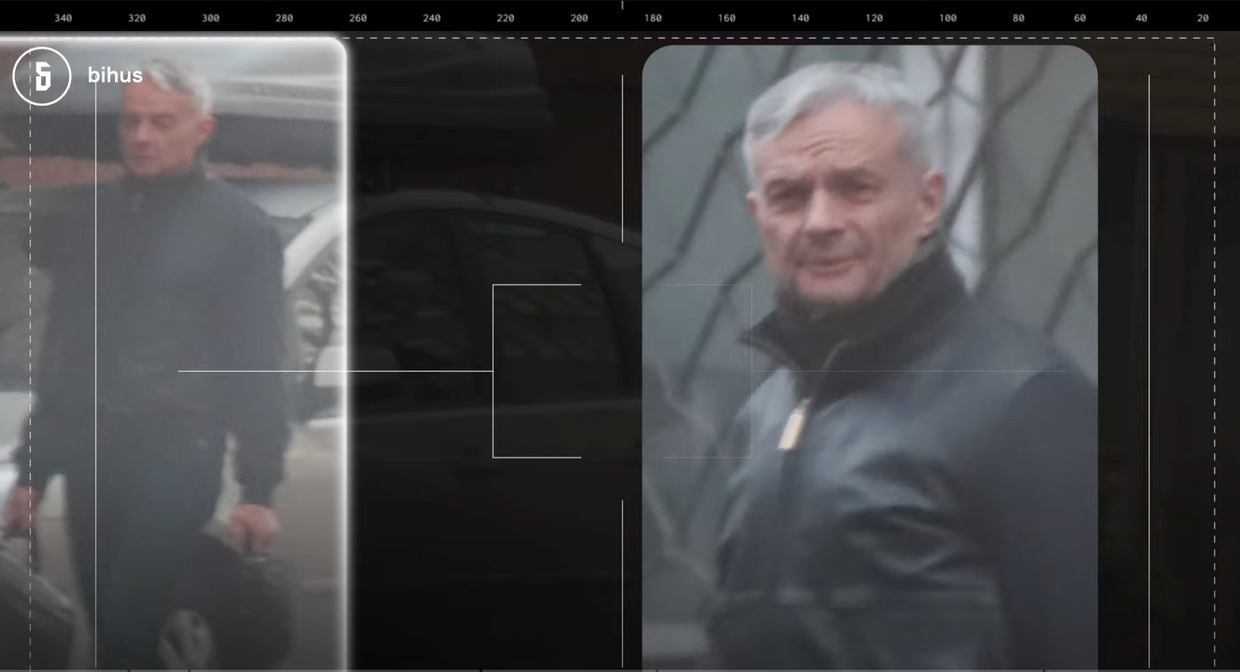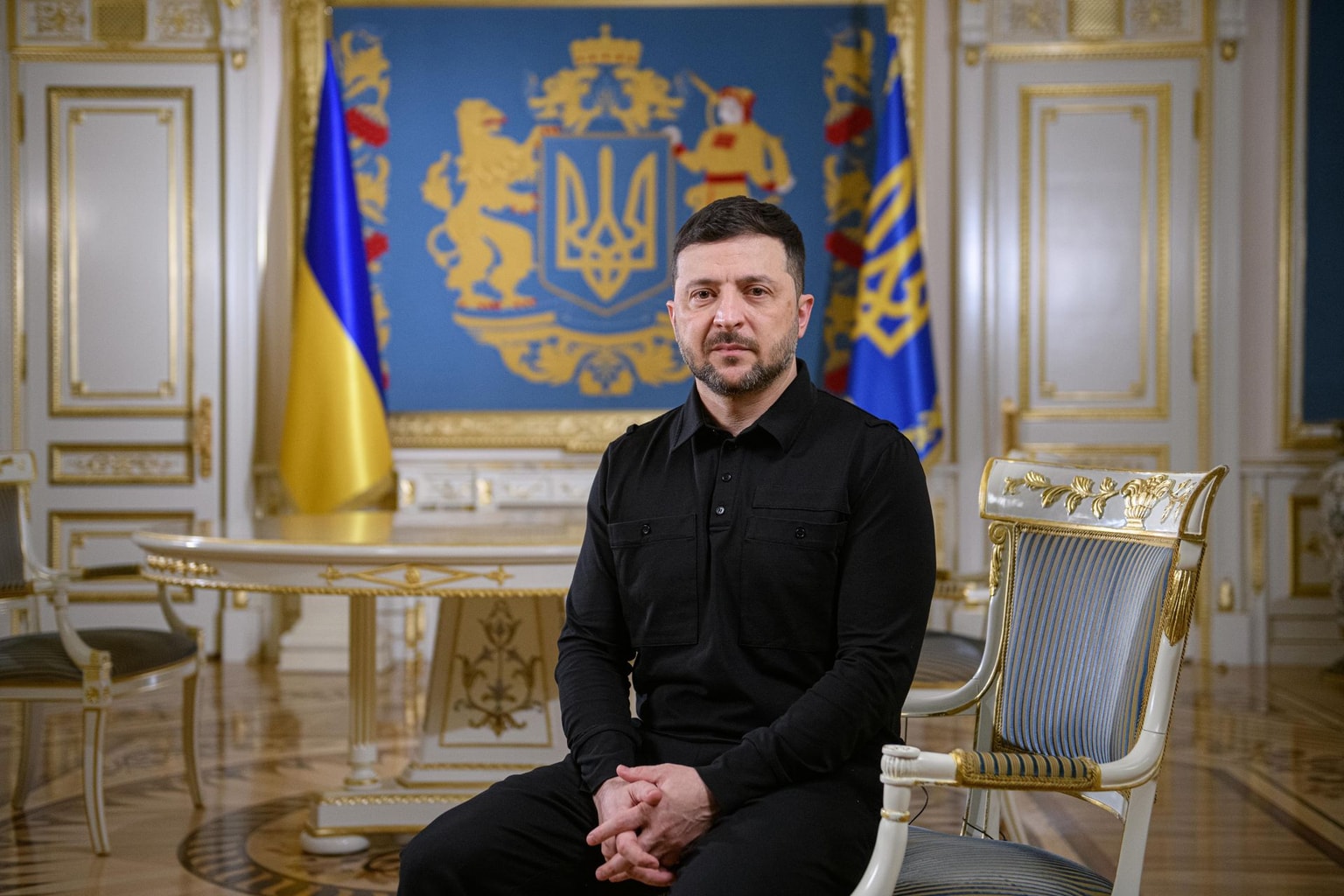Poll: Majority of Ukrainians want fastest possible punishment for corruption, regardless of due process

The majority of Ukrainians (55%) want corrupt politicians and officials to be punished as fast as possible, even if it means there is a violation of the law in the process, a poll released by the Kyiv International Institute of Sociology (KIIS) on Dec. 20 found.
A KIIS poll released in November showed that, aside from the war, Ukrainians are most concerned about corruption.
The results should be viewed in light of the extremely low public trust in the courts and prosecutors, said Anton Hrushetskyi, the executive director of KIIS.
"The less respondents trust the courts, the greater the demand to punish as quickly as possible," Hrushetskyi said.
The percentage of those who support swift punishment for corrupt politicians and officials has grown since the beginning of the full-scale war.
A similar poll conducted in October found that 25% of Ukrainians supported more radical measures taken against corrupt officials, while 67% believed that those accused of corruption should be tried according to the law, even if it takes a long time.












